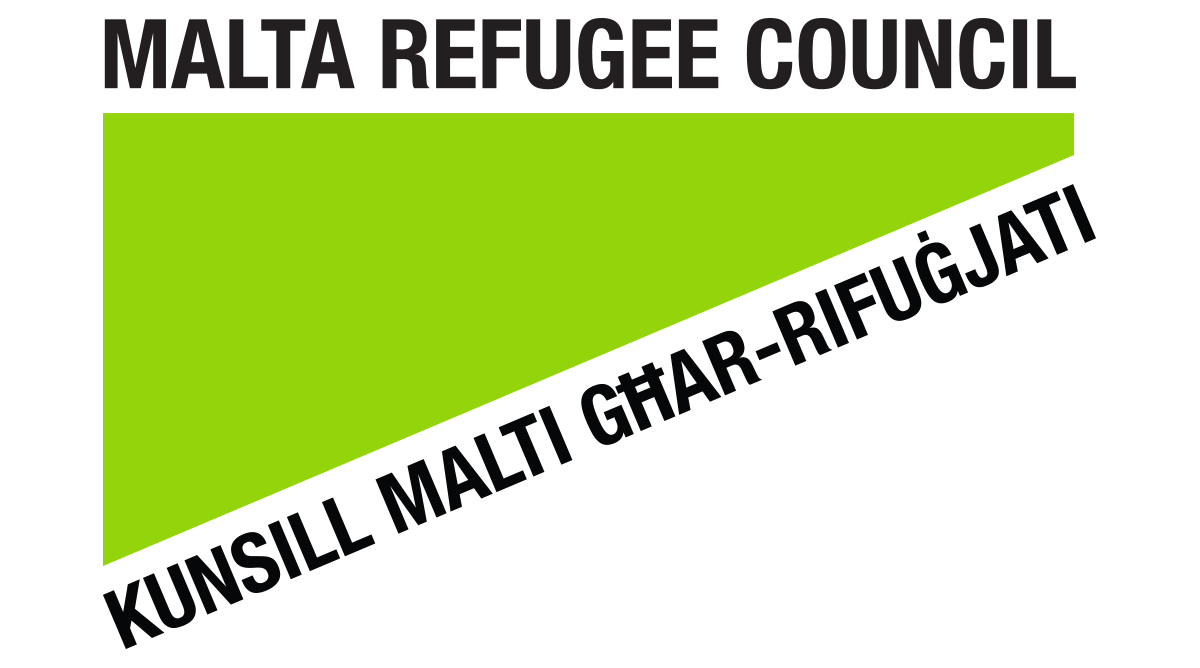A Sea of Unanswered Cries: The Human Cost of Europe's Migration Policy
The quiet halls of the Malta Refugee Council’s annual conference on World Refugee Day 2025 belied the brutal reality being discussed. Under the headline "Protection Begins At Sea," a chilling narrative unfolded, one of deliberate policy, bureaucratic inaction, and the relentless, tragic cost of human life on the world's deadliest migration route: the Central Mediterranean. This was not a celebration, but a stark reckoning.
The air was heavy with the weight of numbers that defy easy comprehension. Since 2014, a grim tally of nearly 25,000 lives has been swallowed by the waves, a silent cemetery stretching from the shores of North Africa to the southern coasts of Europe.
The year 2025, just halfway through, had already added at least 499 more names to this list of the dead and disappeared. These aren't just statistics; they are parents, children, and siblings, each a testament to a journey undertaken out of desperation and the pursuit of a life free from persecution and conflict.
Yet, amidst this ongoing human tragedy, a curious and deeply troubling paradox was presented: while the death toll remains staggering, the number of sea arrivals in Malta has plummeted to a historic low. Only 238 people were recorded as landing in 2024. This drop, as speakers at the conference were quick to emphasize, is not a victory; it is a mask, concealing a far more complex and troubling reality. It begs a series of piercing questions that the conference set out to address, questions that echo the unanswered cries of those lost at sea.
The conference served as a powerful platform to reject the convenient, sanitized narratives often peddled by official channels. Instead, it demanded that the policy discussion be centered squarely on humanity. The core message was unequivocal: refugee protection begins at sea. This is not merely a philosophical stance but a legal and moral imperative.
![]()
![]()
![]()
![]()
![]()
![]()
![]()
The Malta Refugee Council stressed that the nation of Malta, like all states, has a profound duty to ensure that no life is abandoned within its designated area of responsibility. This responsibility is rooted in international law and a shared human decency that should transcend political borders and national interests.
The journey of a migrant is often portrayed as a choice, a calculated risk. But as the speakers at the "Status Quo" panel made clear, this narrative obscures the reality of people left with no other choice. They are individuals who have exhausted all legal and safe avenues, who have been failed by a global system designed to protect them. The sea, for them, is not an adventure but a last, terrifying hope.
The panel, which included seasoned rescuers, legal experts, and advocates, dissected the grim dynamics at play today: the dwindling number of state-led rescue missions, the criminalization of civilian search and rescue operations, and the shifting, often restrictive policies that have turned the Central Mediterranean into a theater of calculated deterrence.
A key point of discussion was the fate of an SOS call. The conference highlighted the heartbreaking reality that these distress signals are too often met with silence. Every unanswered call, every life abandoned to the indifference of the waves, was labeled a "shared failure"—a failure of governments, of international cooperation, and of the fundamental principle of the right to life. This is where policy becomes a matter of life and death, where a single decision to delay, divert, or ignore a plea for help can mean a family's ultimate demise.
The second panel, "A Call to Action," shifted the focus from diagnosis to prescription. It was a session charged with a sense of urgency and purpose, exploring concrete solutions to what has become a systemic crisis. The discussion delved into the legal obligations that are too often flouted, the innovative advocacy strategies needed to challenge the status quo, and the critical need for coordinated efforts to ensure that protection is not an afterthought but an immediate response from the moment a distress signal is sent. The call was for a complete reframing of the issue, moving away from a debate about "border security" to an acceptance of the fundamental right to be safe.
A powerful rallying cry emerged from the conference: a call for citizen vigilance and mobilization. The speakers implored the public to move beyond passive observation and to become active participants in demanding transparency and accountability. This means questioning the opaque decisions made at sea, challenging political narratives that dehumanize migrants, and defending the fundamental right to life and protection for all, regardless of their origin or circumstance.
This responsibility, it was argued, is not confined to governments or international bodies but extends to every individual, engaging civil society and transnational communities in the fight for a more just, humane, and solidarity-based system.
The conference's message was amplified by its alignment with the global #DontLetThemDrown campaign. This hashtag is more than a social media slogan; it is a testament to a growing international demand for concrete action. It encapsulates the collective outrage and the urgent plea for governments to prioritize saving lives over implementing restrictive, often lethal, migration policies.
![]()
![]()
The campaign calls for an end to deaths at sea and the establishment of safe and legal pathways for people in need of protection, offering a vision where the Central Mediterranean is not a graveyard, but a passage to hope.
As the conference concluded, the grim statistics remained, but they were no longer just numbers. They had been transformed into a profound and personal challenge. The Malta Refugee Council had not only marked World Refugee Day but had also issued a bold, unyielding challenge to the conscience of a continent. It had laid bare the deadly paradox of Europe’s border policy, and in doing so, had made it impossible to look away.
The silence of the sea, the conference made clear, is the sound of our collective failure. The question now is whether the world will finally listen and act.
We would like to thank all panelists and the two moderators for sharing their time and expertise with us. We are especially grateful to the organisation Dance Beyond Borders for making this year’s conference a reality.
The air was heavy with the weight of numbers that defy easy comprehension. Since 2014, a grim tally of nearly 25,000 lives has been swallowed by the waves, a silent cemetery stretching from the shores of North Africa to the southern coasts of Europe.
The year 2025, just halfway through, had already added at least 499 more names to this list of the dead and disappeared. These aren't just statistics; they are parents, children, and siblings, each a testament to a journey undertaken out of desperation and the pursuit of a life free from persecution and conflict.
Yet, amidst this ongoing human tragedy, a curious and deeply troubling paradox was presented: while the death toll remains staggering, the number of sea arrivals in Malta has plummeted to a historic low. Only 238 people were recorded as landing in 2024. This drop, as speakers at the conference were quick to emphasize, is not a victory; it is a mask, concealing a far more complex and troubling reality. It begs a series of piercing questions that the conference set out to address, questions that echo the unanswered cries of those lost at sea.
Why, in the face of such a perilous journey, do people continue to set sail? What becomes of those who, in their final moments of hope, send a desperate SOS? Who is truly responsible for their rescue, and what happens to the fortunate few who are disembarked? And, most critically, why are Malta’s arrival numbers so low when the global drivers of forced migration—war, persecution, and political instability—continue unabated?
The conference served as a powerful platform to reject the convenient, sanitized narratives often peddled by official channels. Instead, it demanded that the policy discussion be centered squarely on humanity. The core message was unequivocal: refugee protection begins at sea. This is not merely a philosophical stance but a legal and moral imperative.
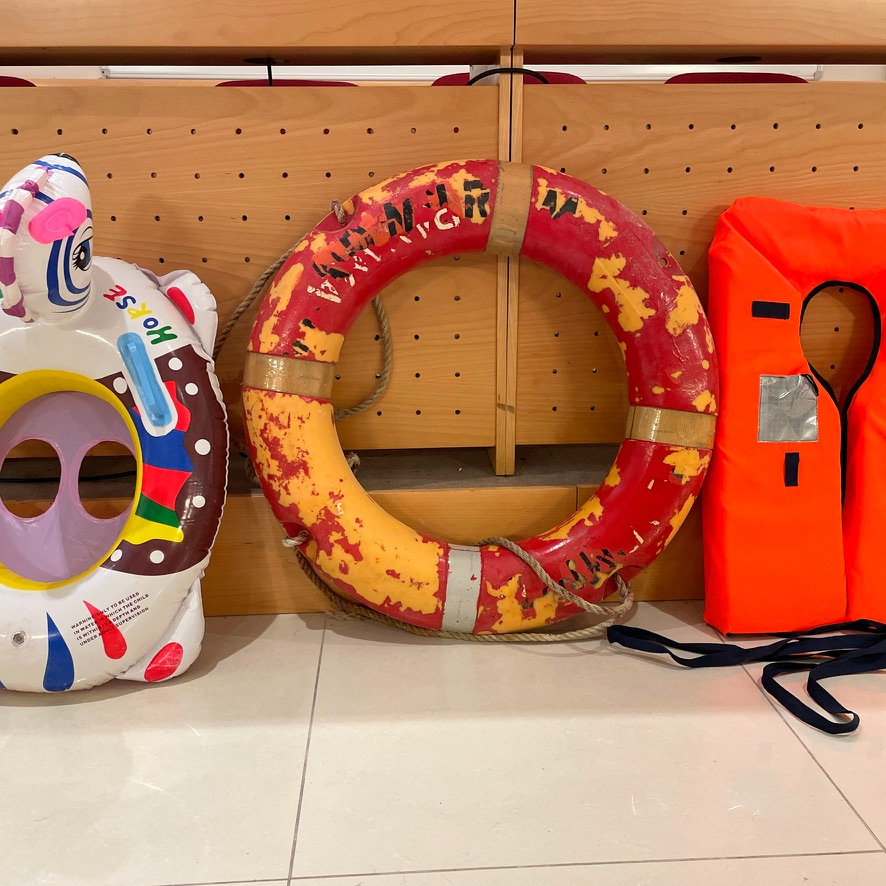
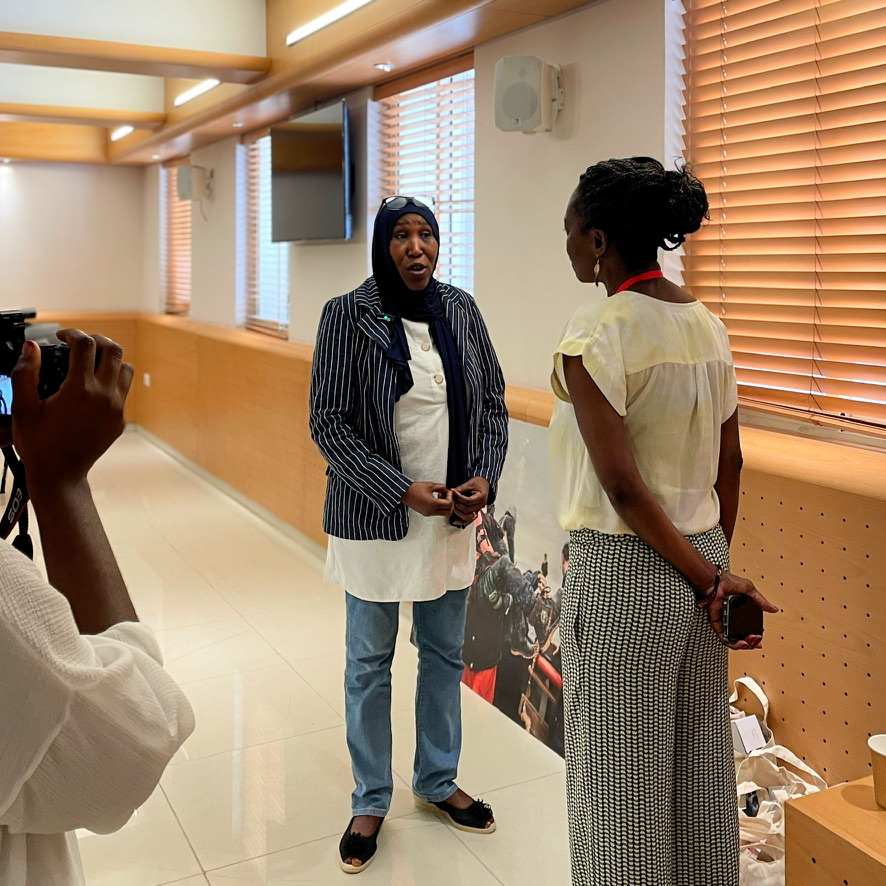
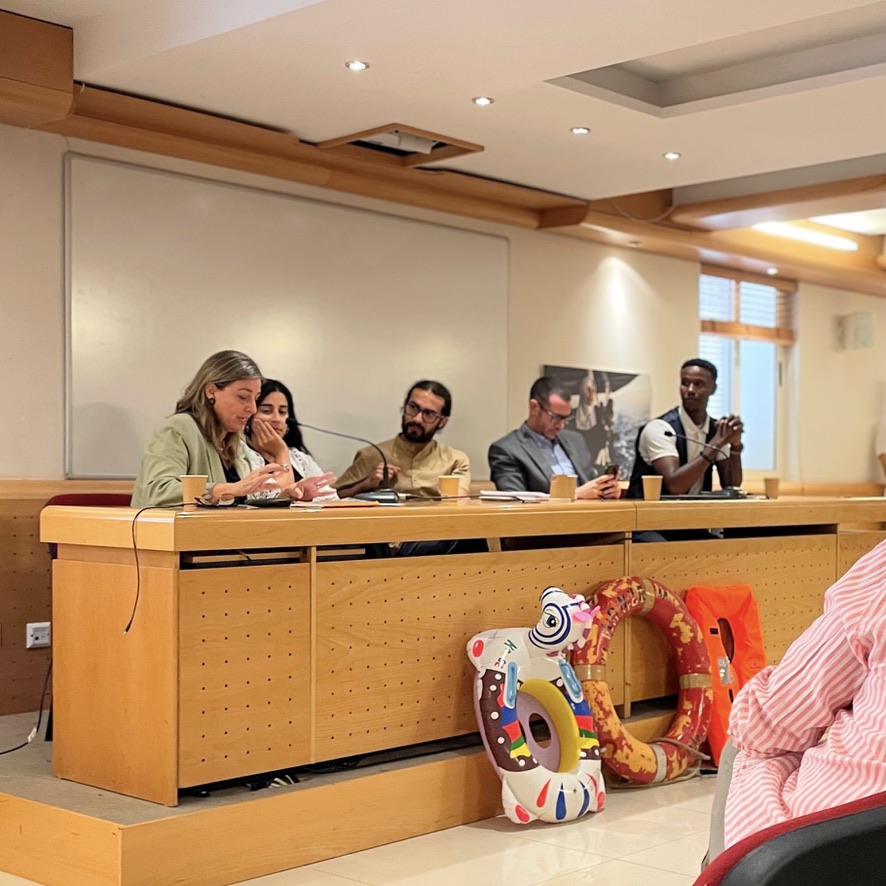
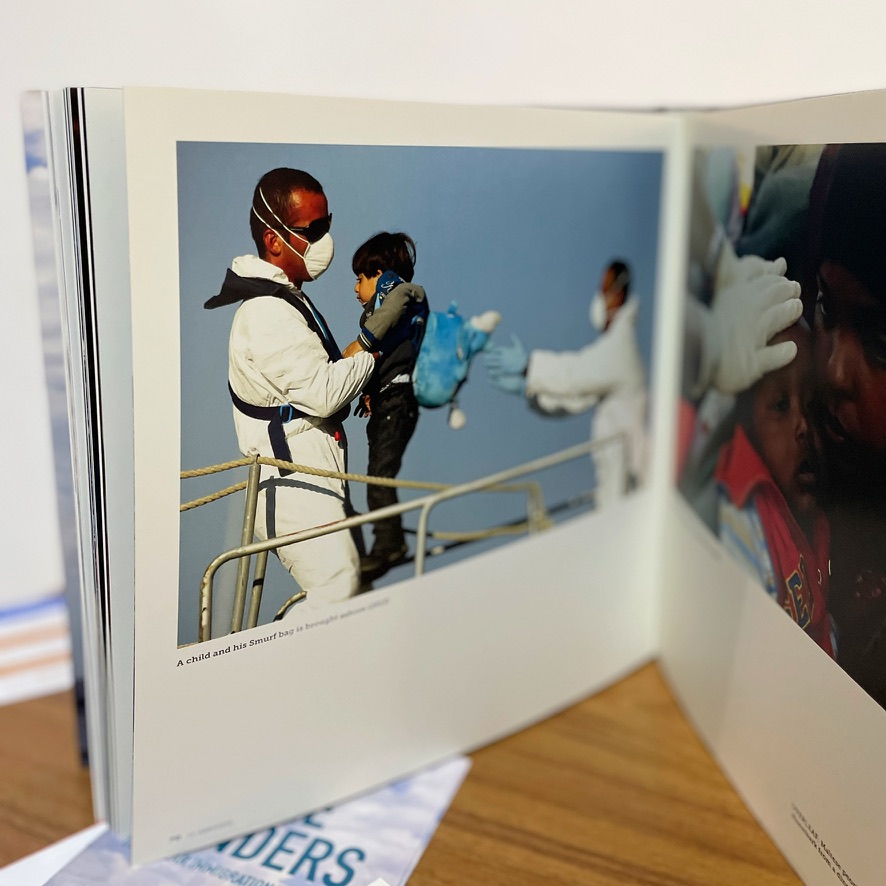
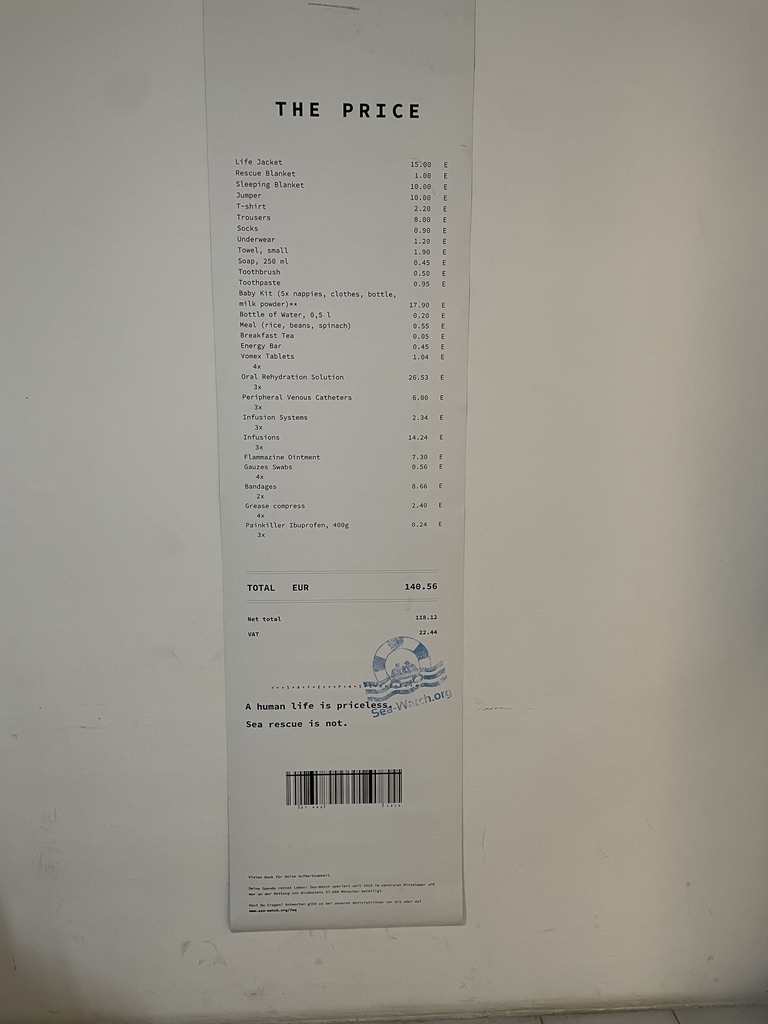
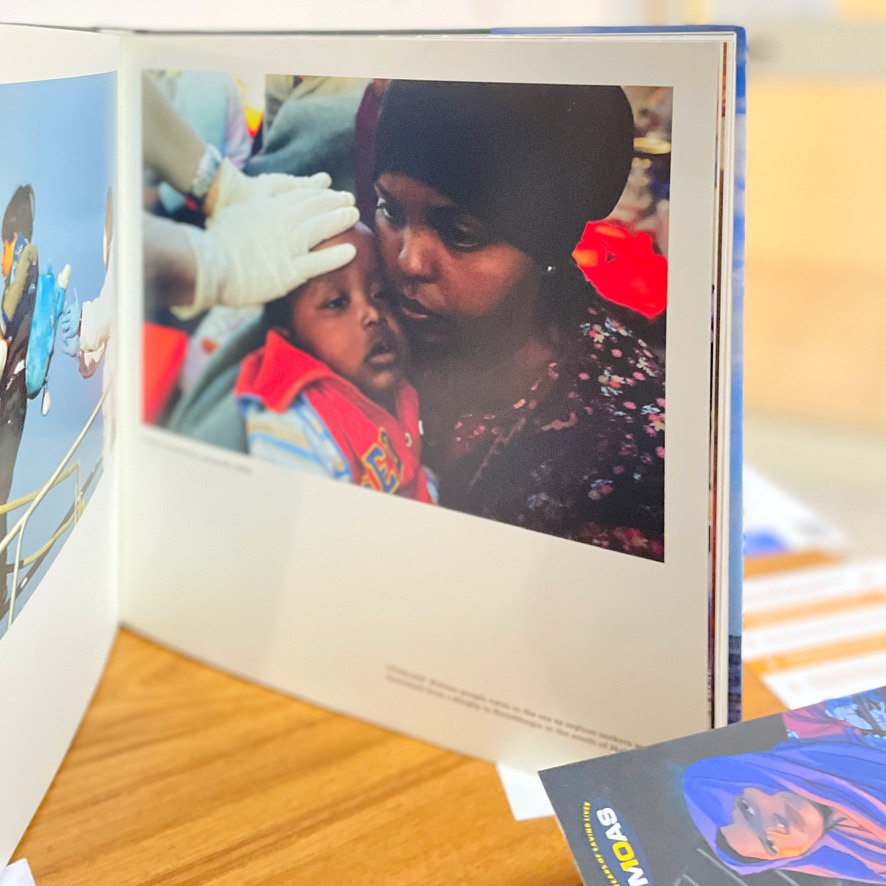
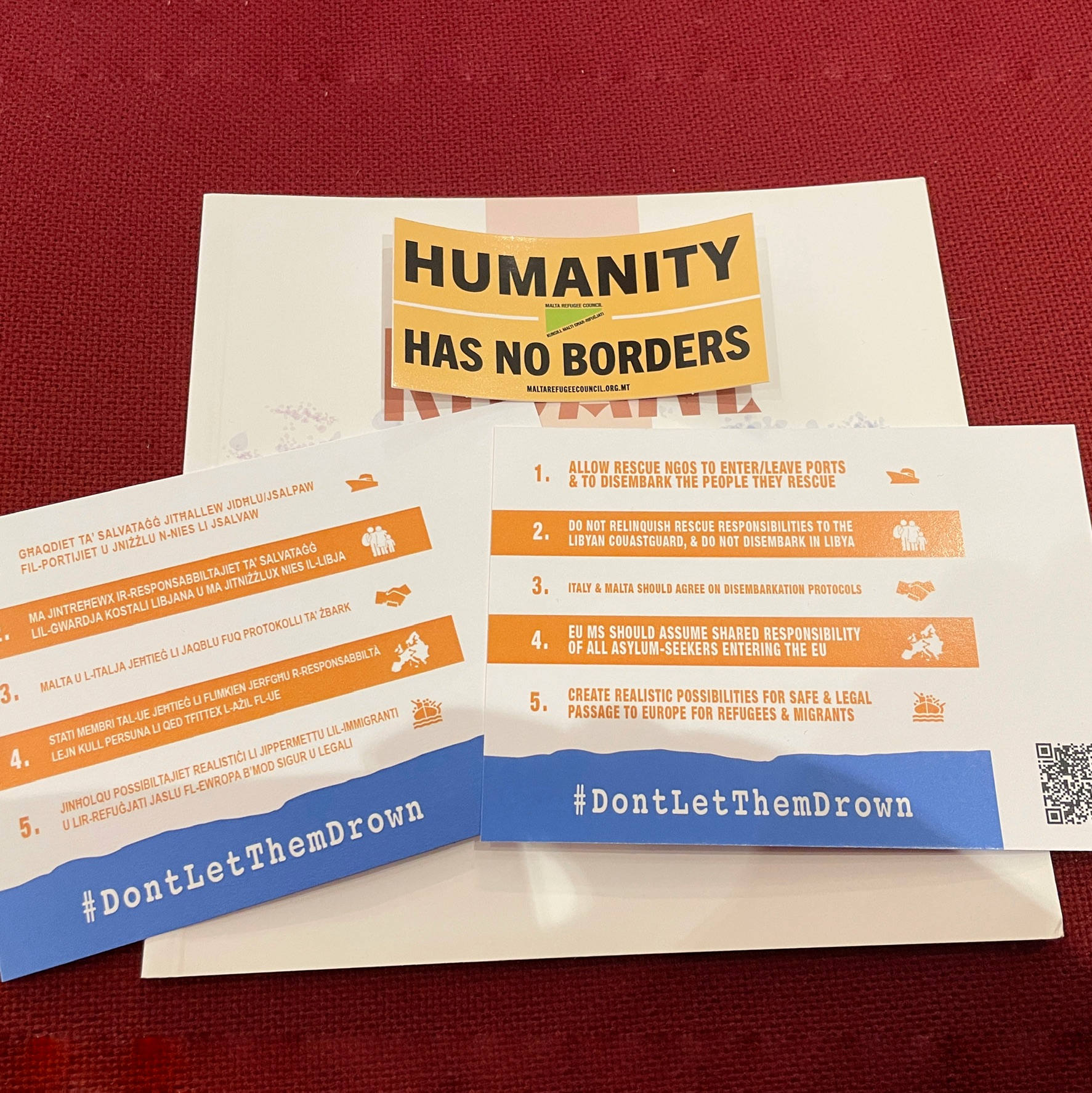
The Malta Refugee Council stressed that the nation of Malta, like all states, has a profound duty to ensure that no life is abandoned within its designated area of responsibility. This responsibility is rooted in international law and a shared human decency that should transcend political borders and national interests.
The journey of a migrant is often portrayed as a choice, a calculated risk. But as the speakers at the "Status Quo" panel made clear, this narrative obscures the reality of people left with no other choice. They are individuals who have exhausted all legal and safe avenues, who have been failed by a global system designed to protect them. The sea, for them, is not an adventure but a last, terrifying hope.
The panel, which included seasoned rescuers, legal experts, and advocates, dissected the grim dynamics at play today: the dwindling number of state-led rescue missions, the criminalization of civilian search and rescue operations, and the shifting, often restrictive policies that have turned the Central Mediterranean into a theater of calculated deterrence.
A key point of discussion was the fate of an SOS call. The conference highlighted the heartbreaking reality that these distress signals are too often met with silence. Every unanswered call, every life abandoned to the indifference of the waves, was labeled a "shared failure"—a failure of governments, of international cooperation, and of the fundamental principle of the right to life. This is where policy becomes a matter of life and death, where a single decision to delay, divert, or ignore a plea for help can mean a family's ultimate demise.
The second panel, "A Call to Action," shifted the focus from diagnosis to prescription. It was a session charged with a sense of urgency and purpose, exploring concrete solutions to what has become a systemic crisis. The discussion delved into the legal obligations that are too often flouted, the innovative advocacy strategies needed to challenge the status quo, and the critical need for coordinated efforts to ensure that protection is not an afterthought but an immediate response from the moment a distress signal is sent. The call was for a complete reframing of the issue, moving away from a debate about "border security" to an acceptance of the fundamental right to be safe.
A powerful rallying cry emerged from the conference: a call for citizen vigilance and mobilization. The speakers implored the public to move beyond passive observation and to become active participants in demanding transparency and accountability. This means questioning the opaque decisions made at sea, challenging political narratives that dehumanize migrants, and defending the fundamental right to life and protection for all, regardless of their origin or circumstance.
This responsibility, it was argued, is not confined to governments or international bodies but extends to every individual, engaging civil society and transnational communities in the fight for a more just, humane, and solidarity-based system.
The conference's message was amplified by its alignment with the global #DontLetThemDrown campaign. This hashtag is more than a social media slogan; it is a testament to a growing international demand for concrete action. It encapsulates the collective outrage and the urgent plea for governments to prioritize saving lives over implementing restrictive, often lethal, migration policies.
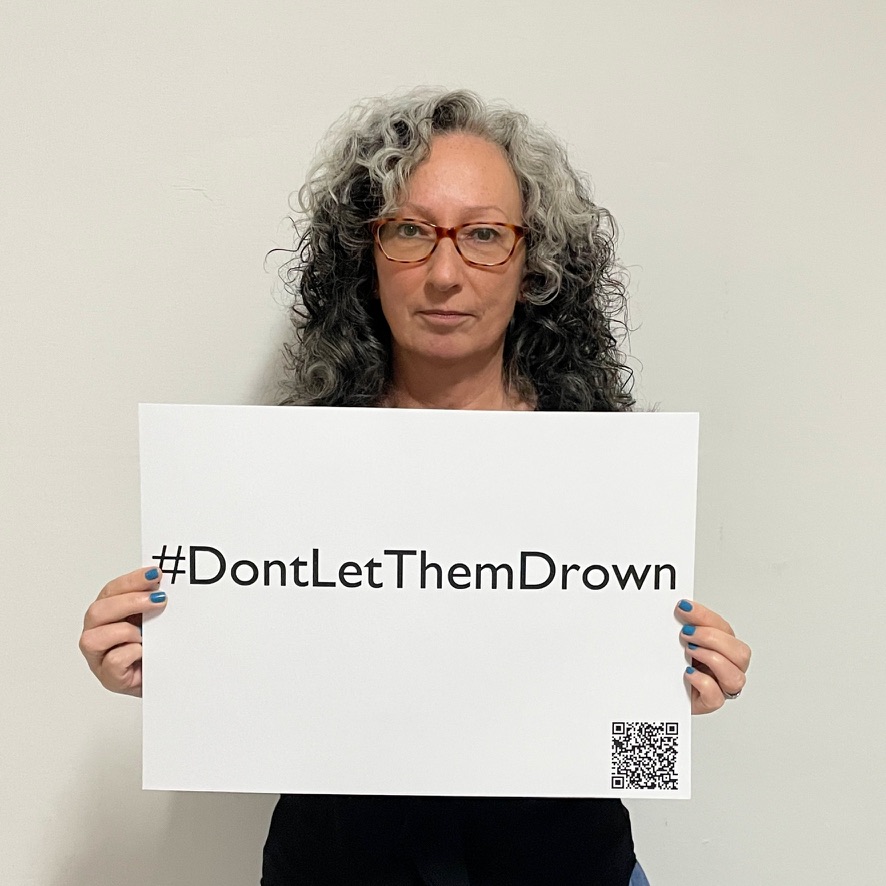
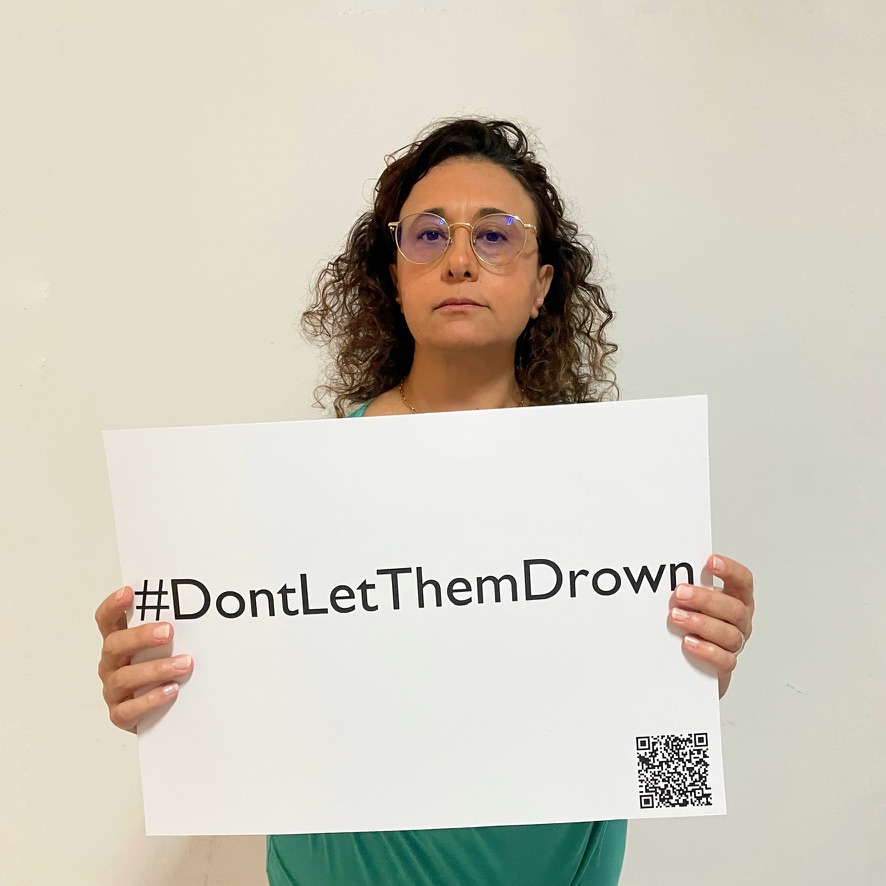
The campaign calls for an end to deaths at sea and the establishment of safe and legal pathways for people in need of protection, offering a vision where the Central Mediterranean is not a graveyard, but a passage to hope.
As the conference concluded, the grim statistics remained, but they were no longer just numbers. They had been transformed into a profound and personal challenge. The Malta Refugee Council had not only marked World Refugee Day but had also issued a bold, unyielding challenge to the conscience of a continent. It had laid bare the deadly paradox of Europe’s border policy, and in doing so, had made it impossible to look away.
The silence of the sea, the conference made clear, is the sound of our collective failure. The question now is whether the world will finally listen and act.
We would like to thank all panelists and the two moderators for sharing their time and expertise with us. We are especially grateful to the organisation Dance Beyond Borders for making this year’s conference a reality.
Justine Lubnow, Blue Door Education
